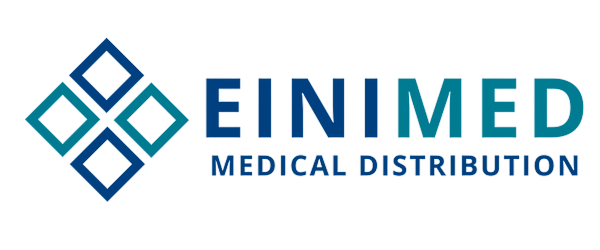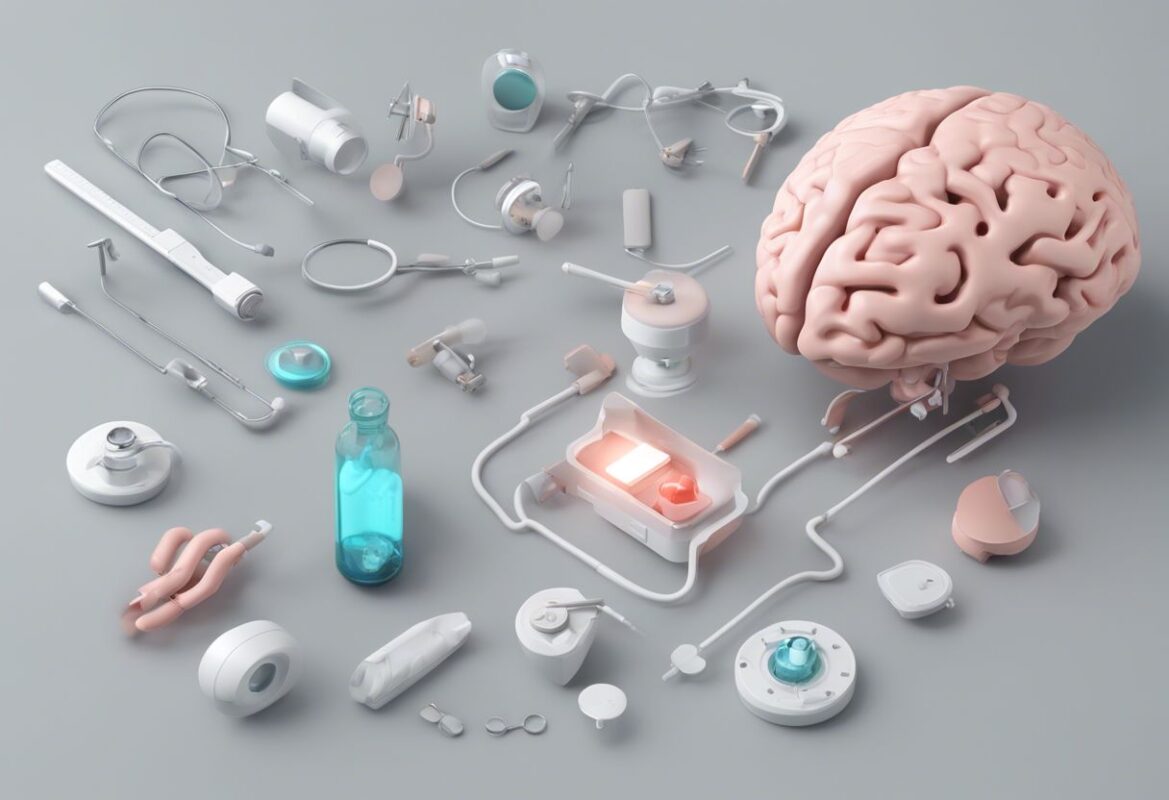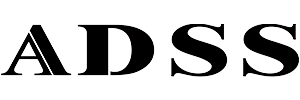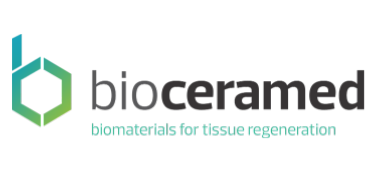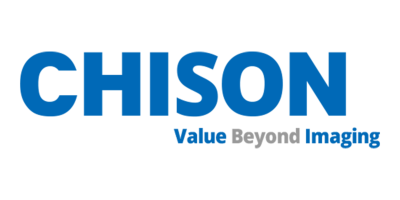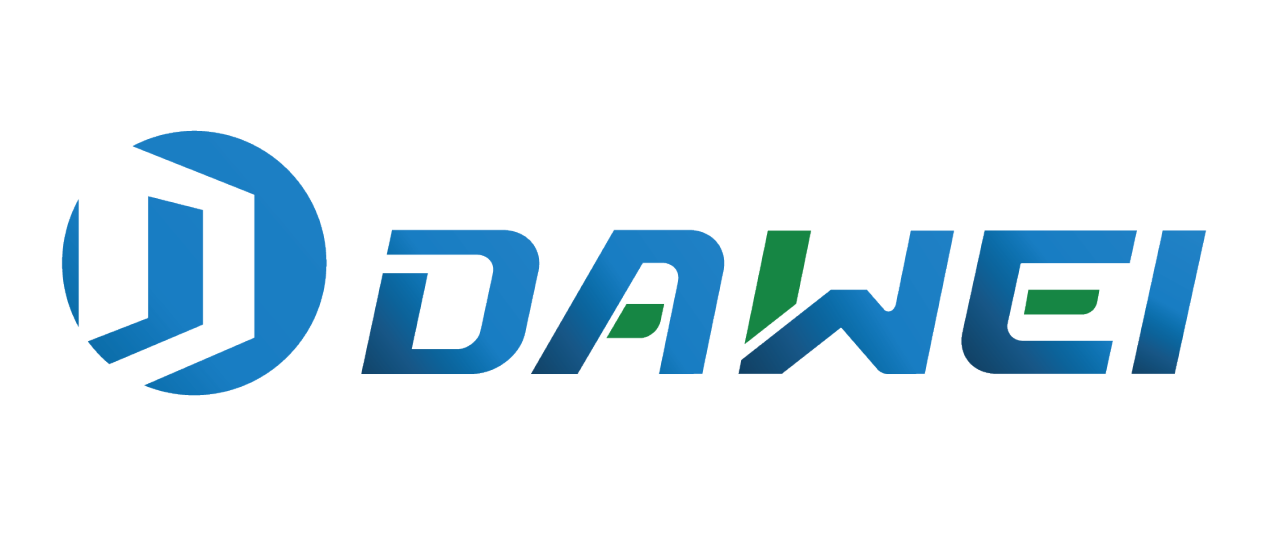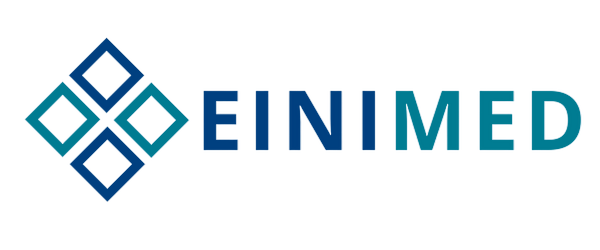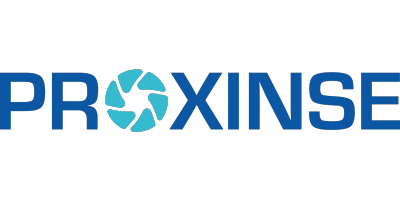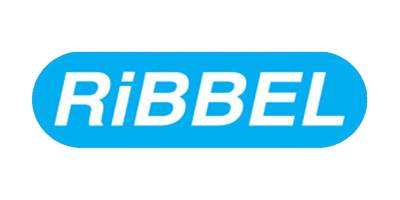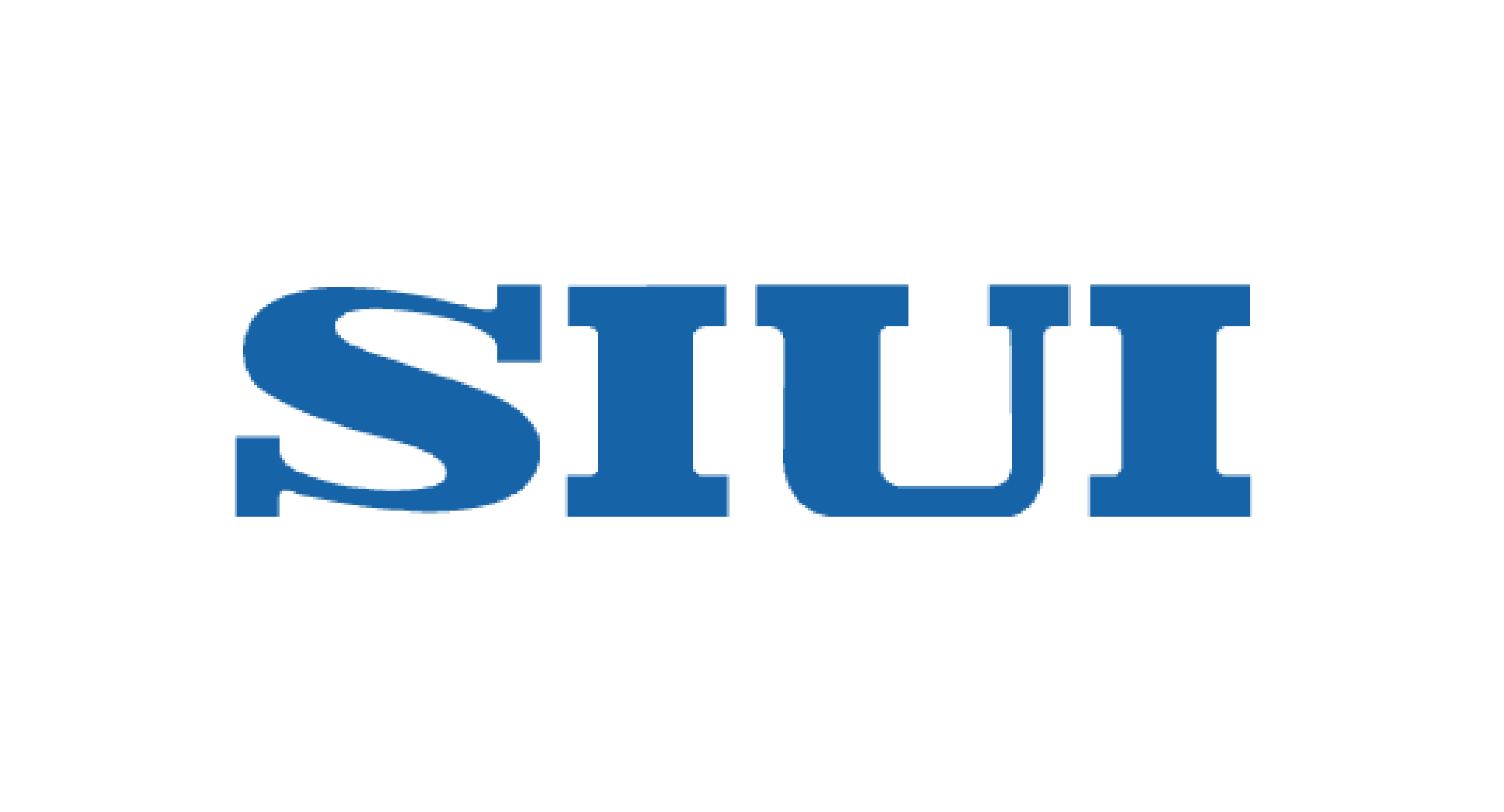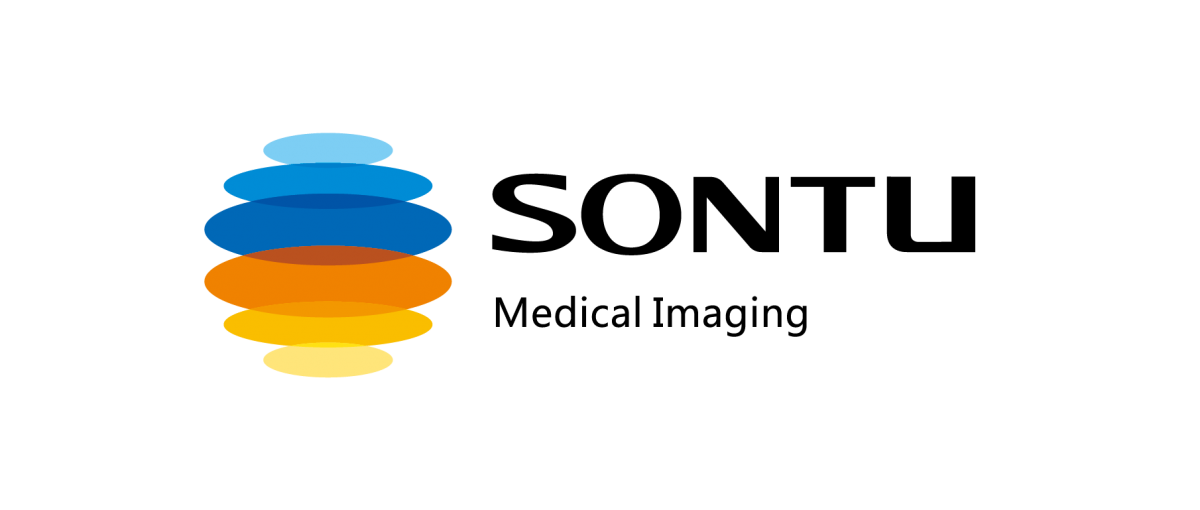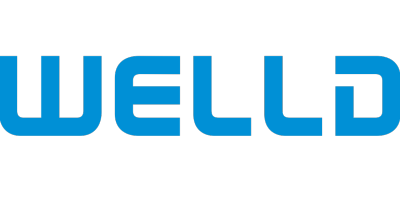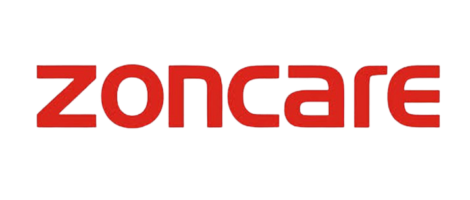The med-tech industry, encompassing the development and distribution of medical technologies and devices, plays a critical role in advancing healthcare. Despite its significant contributions, the industry faces numerous challenges that can impact innovation, market growth, and patient care. Understanding these challenges is essential for stakeholders to navigate the complex landscape effectively. This comprehensive post explores the primary challenges faced by the med-tech industry and offers insights into potential solutions.
Regulatory and Compliance Hurdles
Complex Regulatory Environment
The med-tech industry is highly regulated to ensure the safety and efficacy of medical devices. Different countries have their own regulatory frameworks, such as the FDA in the United States and the European Medicines Agency (EMA) in the European Union. Navigating these complex and often stringent regulations can be challenging for companies, particularly when entering new markets.
Key Issues
- Regulatory Variability: Different standards and requirements across regions.
- Lengthy Approval Processes: Time-consuming and costly processes for obtaining regulatory approval.
- Constantly Evolving Regulations: Keeping up with changes and updates to regulations.
Potential Solutions
- Harmonization of Standards: Advocating for global harmonization of regulatory standards.
- Expert Regulatory Teams: Employing specialized teams to manage compliance and regulatory submissions.
- Early Engagement: Engaging with regulatory bodies early in the development process to ensure compliance.
High Research and Development Costs
Financial Burden of Innovation
Developing new medical technologies requires significant investment in research and development (R&D). This includes costs related to clinical trials, testing, and regulatory approval processes. The financial burden can be particularly challenging for small and mid-sized companies, potentially stifling innovation.
Key Issues
- High Initial Investment: Substantial funds needed for R&D and clinical trials.
- Long Development Timelines: Extended periods before a product can reach the market.
- Risk of Failure: High risk of financial loss if a product fails to meet regulatory standards or market expectations.
Potential Solutions
- Public-Private Partnerships: Collaborating with government agencies and private investors to share costs and risks.
- Grants and Funding: Seeking grants and funding opportunities from institutions and research organizations.
- Efficient R&D Practices: Implementing lean R&D processes to optimize resources and reduce costs.
Market Access and Reimbursement Challenges
Securing Market Entry and Payment
Even after obtaining regulatory approval, med-tech companies face challenges in gaining market access and securing reimbursement from healthcare payers. Reimbursement policies can vary widely, impacting the commercial viability of new technologies.
Key Issues
- Diverse Reimbursement Policies: Different reimbursement criteria across regions and payers.
- Value Demonstration: Need to demonstrate the cost-effectiveness and clinical value of new technologies.
- Price Pressures: Pressure from payers to lower prices, affecting profitability.
Potential Solutions
- Health Economics and Outcomes Research (HEOR): Conducting studies to demonstrate the economic and clinical value of new technologies.
- Strategic Partnerships: Partnering with healthcare providers and payers to facilitate market access.
- Adaptive Pricing Models: Developing flexible pricing strategies to accommodate different market conditions.
Technological Integration and Interoperability
Ensuring Seamless Operation
With the increasing adoption of digital health technologies, ensuring the integration and interoperability of new devices with existing healthcare systems is a significant challenge. Seamless operation is crucial for the effective use of medical technologies.
Key Issues
- Compatibility: Ensuring new devices are compatible with existing systems.
- Data Standards: Lack of standardized data formats and protocols.
- Cybersecurity Risks: Protecting patient data and device integrity from cyber threats.
Potential Solutions
- Standardization Initiatives: Participating in industry-wide initiatives to develop and adopt data standards.
- Interoperability Testing: Rigorous testing to ensure compatibility with existing systems.
- Robust Cybersecurity Measures: Implementing strong cybersecurity protocols to protect data and devices.
Supply Chain and Distribution Challenges
Managing a Complex Supply Chain
Efficient supply chain and distribution management are critical for ensuring the timely delivery of medical technologies. The COVID-19 pandemic has highlighted the vulnerabilities in global supply chains, underscoring the need for robust and resilient supply chain strategies.
Key Issues
- Supply Chain Disruptions: Vulnerability to disruptions caused by global events.
- Logistical Complexities: Challenges in managing the logistics of distributing medical technologies.
- Quality Control: Ensuring the quality and integrity of products throughout the supply chain.
Potential Solutions
- Diversified Supply Chains: Building diversified and resilient supply chains to mitigate risks.
- Advanced Logistics Management: Utilizing advanced logistics and tracking technologies to streamline distribution.
- Stringent Quality Assurance: Implementing comprehensive quality assurance processes to maintain product integrity.
Ethical and Social Considerations
Balancing Innovation with Responsibility
The med-tech industry must navigate ethical and social considerations, particularly when developing and deploying new technologies. Ensuring equitable access and addressing ethical concerns are crucial for maintaining public trust and support.
Key Issues
- Equitable Access: Ensuring new technologies are accessible to all populations, including underserved communities.
- Patient Privacy: Protecting patient privacy and data security.
- Ethical Use of AI: Addressing ethical concerns related to the use of AI and machine learning in medical technologies.
Potential Solutions
- Inclusive Policies: Developing policies that promote equitable access to new technologies.
- Data Privacy Standards: Adhering to strict data privacy and security standards.
- Ethical AI Frameworks: Implementing ethical frameworks for the development and use of AI in healthcare.
Conclusion
The med-tech industry faces numerous challenges, from navigating complex regulatory environments and managing high R&D costs to ensuring technological integration and addressing ethical concerns. By understanding these challenges and implementing strategic solutions, stakeholders can navigate the complex landscape effectively, fostering innovation and advancing healthcare. As a trusted partner in medical excellence, EINIMED is committed to supporting healthcare professionals and institutions in overcoming these challenges, ensuring they have access to the best technologies and support to provide outstanding care to their patients.
